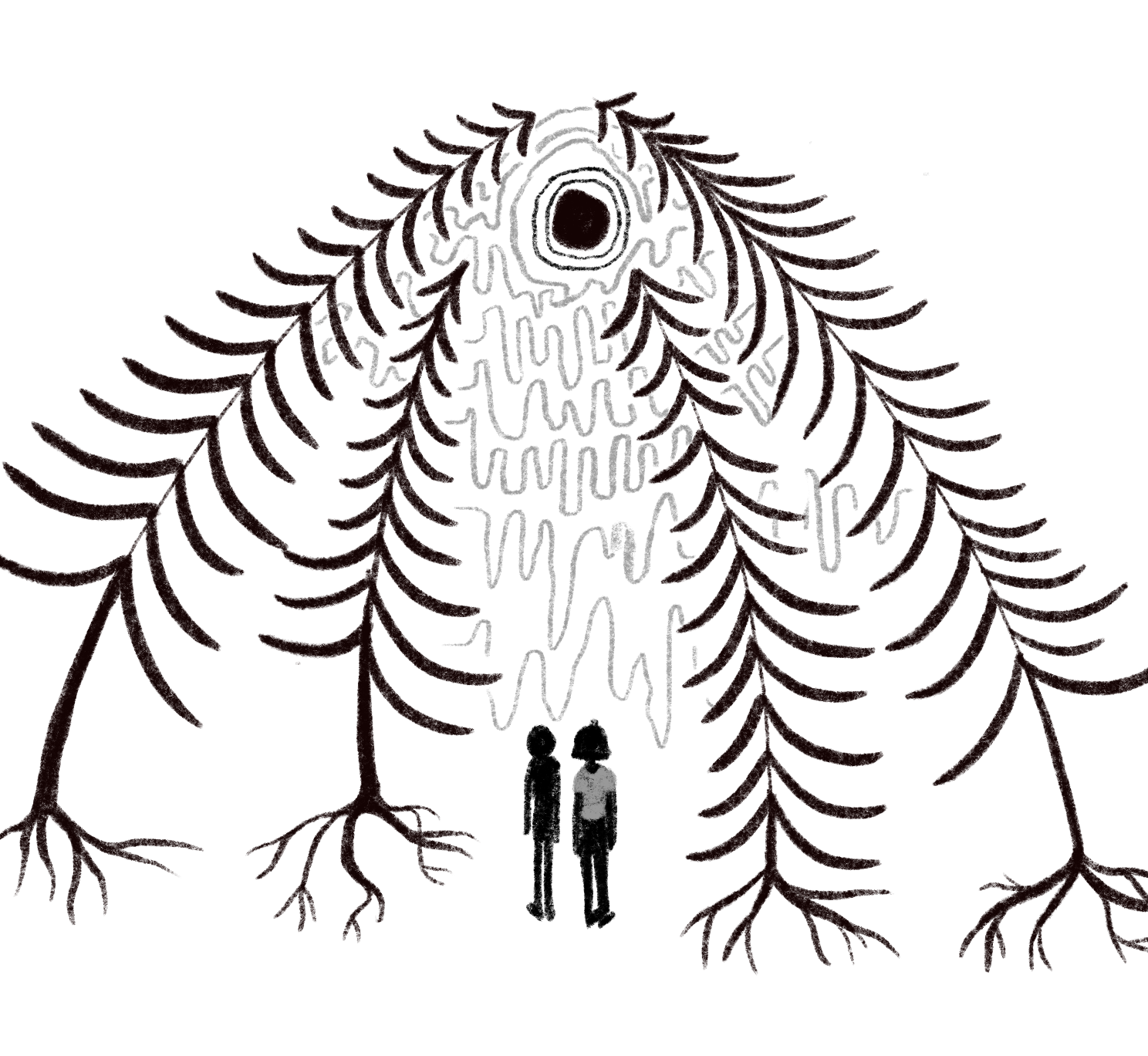Late fall bewilderment
November 3, 2022
 Celeste Mercier
Celeste MercierIn my hometown, the first snow usually falls a little before Halloween. Trick-or-treaters routinely trek up shoveled yet still icy driveways as cold snaps force red and yellow leaves from their branches. Last year, it was early December by the time there was snow on the ground at home. I didn’t mind it—there was a funny sense of autumnal limbo, an anticipation for snow that stretched out for many, many weeks and an early fall feeling that felt like it lasted forever. Mostly, I was happy for a few extra days outside, for the moratorium on temperatures dropping into the subzero.
My friend and I went on a hike in mid-November, seizing the Thursday of a four-day weekend to get away from school, college applications and the kind of perpetual Sunday scaries that came with not knowing where we were going to be in a year. It was spontaneous, encouraged by the climate phenomenon gripping the Denver-Boulder area and was probably one of the best hikes I’ve ever been on. Few people were venturing up Bear Peak that time of year (or even that time of the week), so we were nearly alone on the trail. Despite the low temperature and freezing wind, the sky was enormous and blue above our heads. It was exactly what I needed with everything that was going on in my life at the time: a full day of hiking and talking with someone I really love, smack in the middle of senior year chaos. It was a recalibration—a perfect memory.
Initially, the word “bewilderment,” as defined by eighteenth century author Samuel Johnson, meant to lose one’s way in the wild, or to return to it. It’s this early definition that science and technology author Richard Powers’ book “Bewilderment” is named for, though the novel spirals off into many topics beyond it. It opens with astrobiologist Theo Byrne and his nine-year-old son Robin on a camping trip in the Great Smoky Mountains, two years after Theo’s wife Alyssa died in a car crash. They have an idyllic weekend, but as they reenter their daily lives, Robin becomes more and more distressed and angry in school and at home. Theo hopes to keep him off any psychoactive drugs and turns to a therapy that Alyssa, a lawyer and activist, contributed to before her death: decoded neurofeedback. Alyssa’s brain waves are used to reshape Robin’s way of thinking, which calms some of his fury and outbursts. Theo and Robin repeatedly return to this theme of the outdoors for solace as Robin continues Alyssa’s fight for climate justice. Their story dovetails the concept of decoded neurofeedback therapy, the fight for environmental policy change and the idea of returning to nature.
I think there’s a part of the decoded neurofeedback Powers applies in his novel that feels like an augmented version of reality—without any intervention, cues from the people around us and our environment change the pathways in which we think. Everything about the therapy is implicit, and we don’t really understand what we’re learning until it has an opportunity to manifest itself. Imprinted by his mother’s brain waves, Robin’s speech begins to remind Theo of his late wife, and while this is more sci-fi inspired than anything, here’s what I think it means: we emulate the people we love in both implicit and explicit ways, and most of the time, we’re not really sure what’s going on in our own brains. It’s more important to rely on what we do know, what we’re currently present with, and often this can be the very people and places molding our perceptions as we know them.
I think I always get a little restless this time of year with foggy weather, essays piling up and the sun ending my afternoons an hour earlier. The days and weeks between Halloween and Thanksgiving often run into each other, and everything feels like it slips between my fingers far too easily. Perhaps the way to fight that feeling of a startling lack of control is bewilderment; a return to nature (or maybe just what’s familiar) and a relinquishment of any and all control. Within these moments, perhaps we start to soften and transform the patterns of our brain to redefine our realities.

Comments
Before submitting a comment, please review our comment policy. Some key points from the policy: